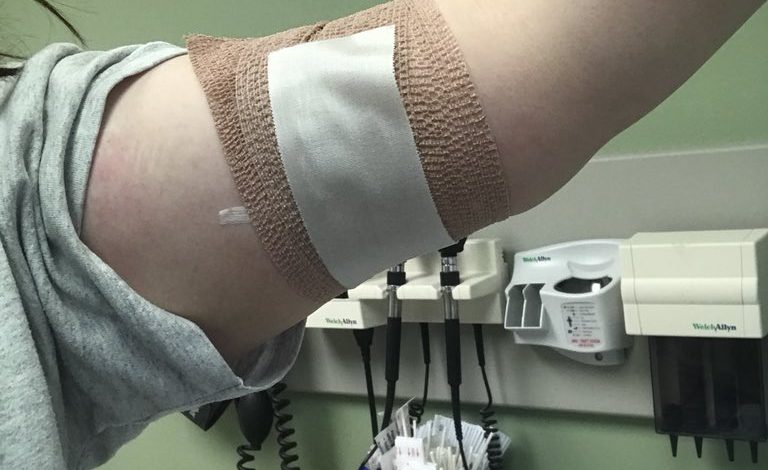Will I Experience Weight Loss After Nexplanon Removal?

Hormonal implants are a form of long-term, reversible birth control. Like other forms of hormonal birth control, the implant may cause some side effects, including weight gain.
However, research is mixed on whether the implant actually causes weight gain. Evidence shows that some women using the implant experience weight gain. It’s unclear whether this results from the implant itself or other lifestyle habits.
What is Nexplanon?
Nexplanon is a radiopaque, non-biodegradable, progestagen-only, flexible contraceptive implant preloaded in a sterile, disposable applicator. Nexplanon is used as reversible birth control for women. It is a contraceptive implant that is a flexible, thin plastic rod that is about the length of a matchstick (4cm by 2mm), which is placed under the skin on the inner side of the upper arm by your doctor or other healthcare provider.
Each radiopaque implant contains 68 mg of etonogestrel; the release rate is approximately 60-70 µg/day in week 5-6 and has decreased to approximately 35-45 µg/day at the end of the first year, to approximately 30-40 µg/day at the end of the second year and to approximately 25-30 µg/day at the end of the third year. The applicator is designed to be operated with one hand and to help facilitate correct subdermal insertion of the implant.
How does it work?
The Nexplanon implant releases progestin into the bloodstream. Progestin is an artificial hormone similar to progesterone. According to the American College of Obstetricians and Gynecologists, progestin works in three ways to prevent pregnancy:
- It thickens the mucus around the cervix, which prevents the sperm from reaching the egg
- It prevents the ovaries from releasing an egg.
- It thins the uterine lining.
The Nexplanon implant is one of the most effective forms of birth control. According to the Food and Drug Administration (FDA), fewer than 1 out of 100 people become pregnant while using it.
In other words, the implant is more than 99% effective in preventing pregnancy. Once you have it placed in your arm, you don’t need to think about contraception for the next three years, you don’t need to worry about forgetting to take it, whether you have used it correctly and there is no need to interrupt sex to organize contraception. Nexplanon can be removed at any time and your fertility will return to normal.
Does Nexplanon cause weight gain?
Yes, Nexplanon can cause weight gain in some people while they’re using it, but this doesn’t happen to everyone. It’s not a very common side effect, and many people use the implant without gaining weight. Everyone’s body is different, so birth control affects everyone a little differently.
But the link between the birth control implant and weight gain isn’t strong. Studies show an average gain of 3 pounds or less, and there’s no proof that the weight gain was solely a result of using an implant. The only birth control method clearly linked to weight gain is the shot.
Will I Experience Weight Loss After Nexplanon Removal?
Yes, if you have gained weight after inserting Nexplanon, you will likely lose the weight when you get the Nexplanon removed. This is because your hormones will return to normal levels.
Hormones are the most powerful chemical messengers in the body, and when it comes to weight loss and feeling well. Hormones support many vital functions within the body, including our ability to maintain muscle, lose body fat, and experience stress and hunger.
According to Medical News Today, there are many methods of avoiding possible birth control-related weight gain.
Examples of these methods include:
- Exercise: This consists of a person doing 30 minutes of physical activity each day, such as walking, running, aerobics, swimming, dancing, or other activities.
- Hydration: Drinking plenty of water each day helps to reduce bloating and thirst-related hunger. People may know if they are drinking enough water because they do not feel thirsty and their urine is light or pale yellow in appearance.
- Calorie restriction: Reducing calorie intake by 500 calories per day and eating between 1,200 and 1,500 calories per day for women, is one way to lose weight, according to the journal American Family Physician.
- Nutrition: Eating a healthful diet of nutritionally rich foods, such as vegetables, whole grains, and fruit encourages good weight balance. This includes avoiding foods that are not nutritious, such as those with added sugars, salt, and saturated fats.
If a woman is concerned that her birth control pills are causing her to gain weight, she should talk to her doctor.
A doctor may recommend another contraceptive type or a lower hormone dose to see if this could help a person lose weight.





